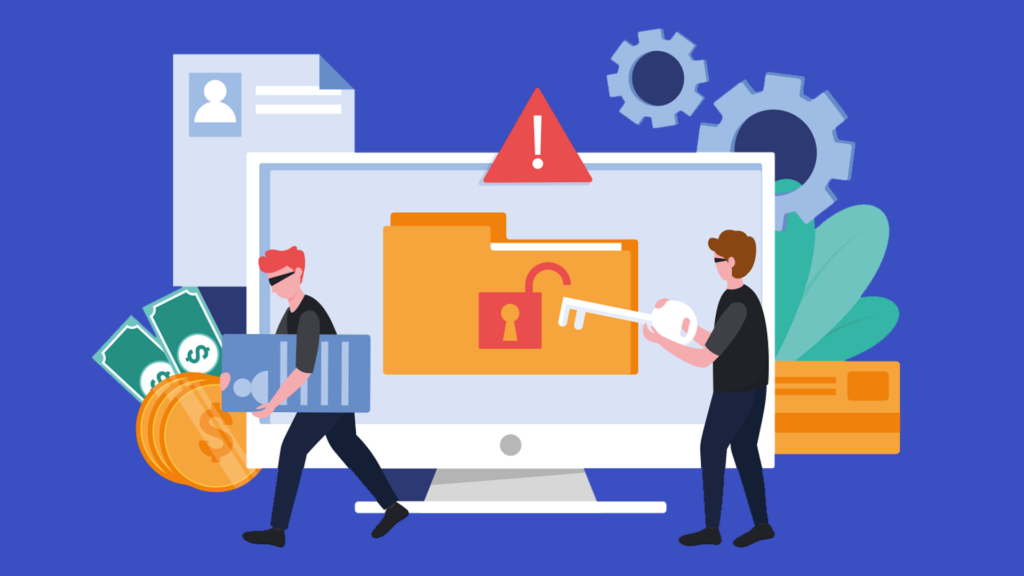Vulnerabilities: Why “safe enough” is not “safe enough”

In a world that is increasingly dependent on digital technologies, the issue of cyber security is crucial for businesses of all sizes. However, companies often tend to use the term “secure enough” when it comes to protecting their data and systems. But why isn't 'secure enough' actually 'secure enough'?
The sad reality: 60% of smaller companies have to shut down after cyberattacks
Cyber criminals have become masters at exploiting security vulnerabilities. They are constantly looking for ways to penetrate networks, steal data and manipulate systems. And unfortunately, small businesses are often the main target of such attacks.
According to a study by Terranova Security 60% of small businesses actually have to shut down their operations after falling victim to a cyberattack. This shocking statistic highlights the devastating impact of security breaches on businesses, especially those that may not have the resources to fully recover.
Why are small businesses so vulnerable to cyber attacks?
But why are small businesses so vulnerable to cyber attacks? Often it is because they assume that they are not the focus of attackers or that their security measures are sufficient to protect them. However, this false security posture can prove fatal.
Another challenge is that many companies underestimate the importance of a comprehensive approach to security. They may focus on certain aspects of security, such as firewalls or antivirus software, but neglect other important areas such as encryption, data security, employee training or regular security audits.
The path to an effective security strategy
It is important to understand that security is not a one-off measure, but an ongoing process. Cybercriminals are constantly developing new methods of attack and companies must therefore be just as flexible to protect themselves against new threats.
So what can companies do to better protect themselves? First of all, they should recognize the importance of a comprehensive security strategy that covers all aspects of their IT infrastructure. This includes employee training, regular security audits, the implementation of security policies and the use of encryption technologies to protect sensitive data.
In addition, it is important to be aware of the current threat landscape and to constantly stay informed about new security threats and solutions. Working with experienced cybersecurity experts can also help to improve a company's security posture and better arm it against potential attacks.
Treat safety as a priority
At a time when cyber attacks are becoming more frequent and more sophisticated, it is essential that companies take the protection of their data and systems seriously. “Secure enough” is simply no longer ‘secure enough’. The consequences of a security breach can be devastating and even threaten a company's survival. It's time to treat security as a priority and ensure that appropriate measures are in place to protect digital integrity and business success.

